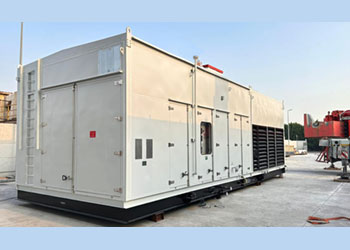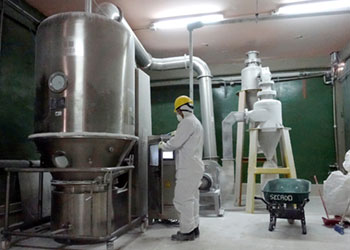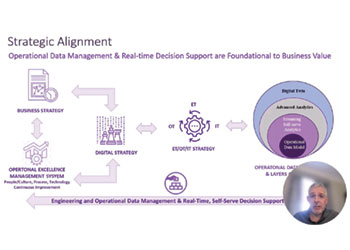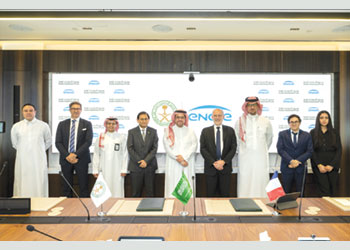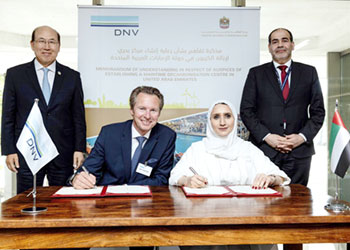
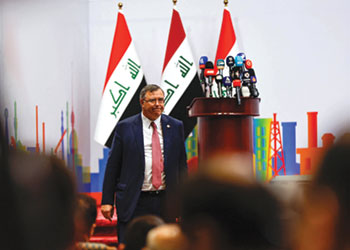 Pouyanne at the signing ceremony for the deal
Pouyanne at the signing ceremony for the deal
TotalEnergies’ signing of a long-stalled $27 billion deal to develop several energy-related projects in Iraq is a significant vote of confidence in the country’s fraught oil and gas industry, according to analysts.
The agreement represents the biggest single foreign investment in Iraq in modern times and suggests the government of newly-installed Prime Minister Mohammed Shayya Al Sudani is proving more adept at wooing foreign investors than its recent predecessors.
But the French giant is running risks. Its huge commitment contrasts with the unhappy experience of several other international oil companies which have quit or reduced their operations in Opec’s number two crude producer, according to a report on AGBI.
"It shows Iraq is still able to agree to major long-term deals and it could potentially open the way for investment from other international oil companies (IOCs)," said Bill Farren-Price, an independent Middle East oil analyst.
"However, the caveats are that Iraq’s politics remain fragile and IOCs are examining their international portfolios and making very difficult decisions about where to divest.
"While this deal is really positive news for Iraq, I doubt it will open the door to a gush of new upstream investment. There will be some – but it will be targeted and specific."
Iraq first outlined a deal with TotalEnergies in September 2021 to increase oil and electricity production, and build renewable energy facilities and a water desalination plant.
It took nearly two years to conclude a final agreement – largely due to disagreements over the size of Iraq’s stake in the so-called Gas Growth Integrated Project (GGIP).
"We have demonstrated in the last 20 months that the continuity of the voice of the state of Iraq on this development and production contract has been a reality," Patrick Pouyanne, TotalEnergies chairman and CEO, said at Monday’s signing ceremony.
"It’s a very strong signal, not only to TotalEnergies to invest, but also to other foreign investors."
His remarks come after Royal Dutch Shell sold or forfeited its Iraqi assets, Exxon cut its holdings and is trying to sell the remainder, and BP spun out its Iraqi activities to an affiliate company.



















































































